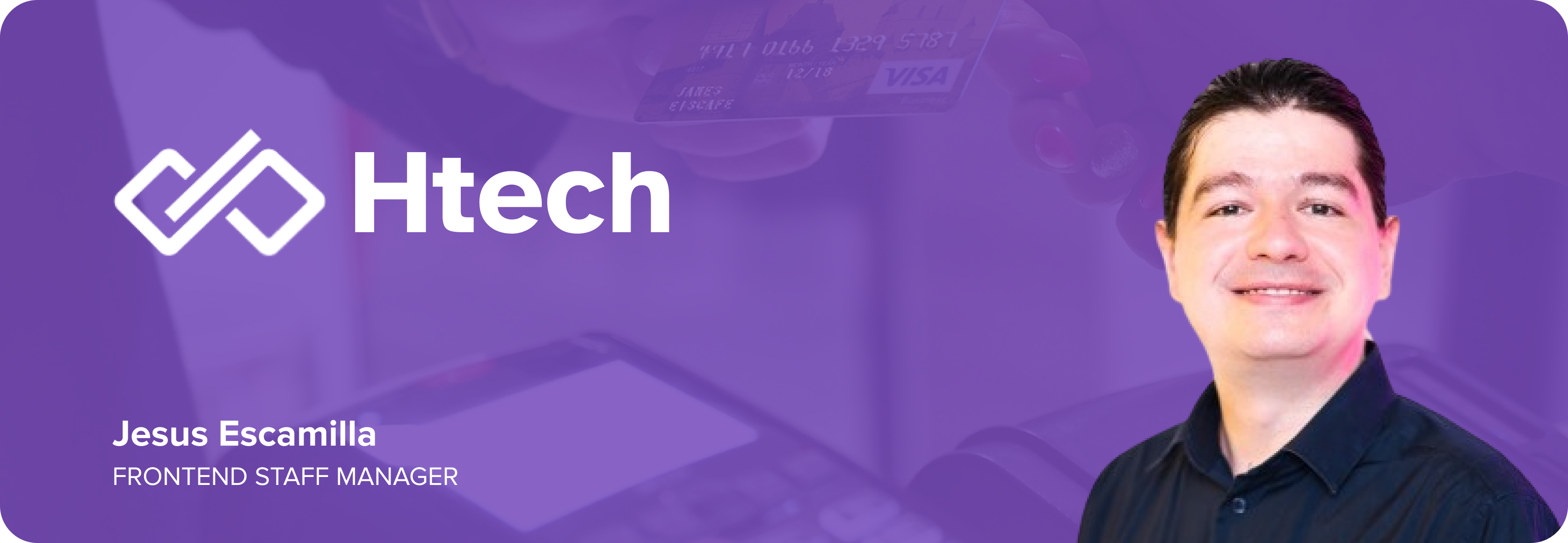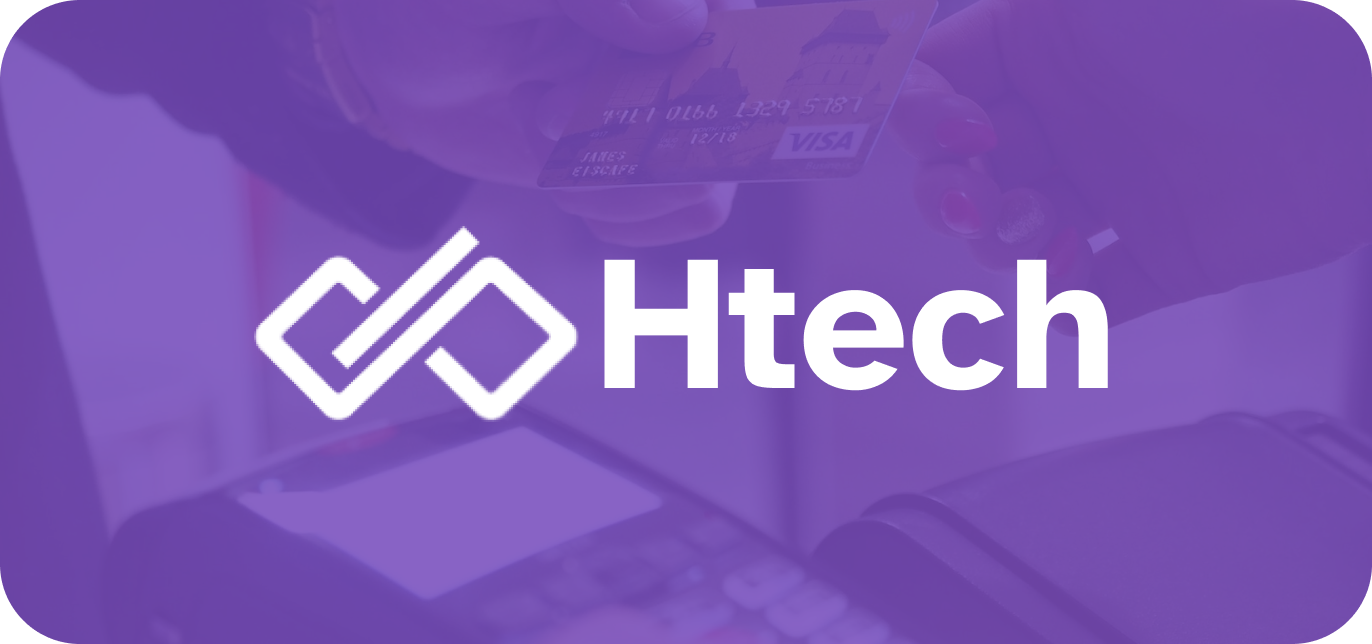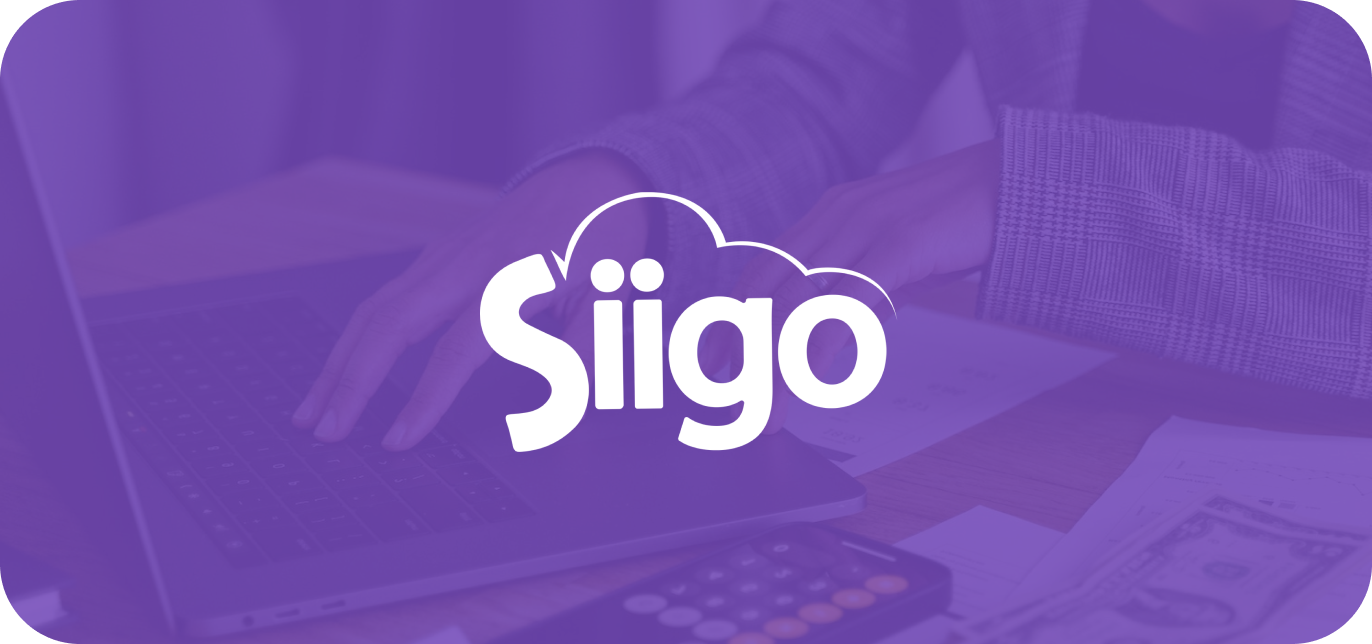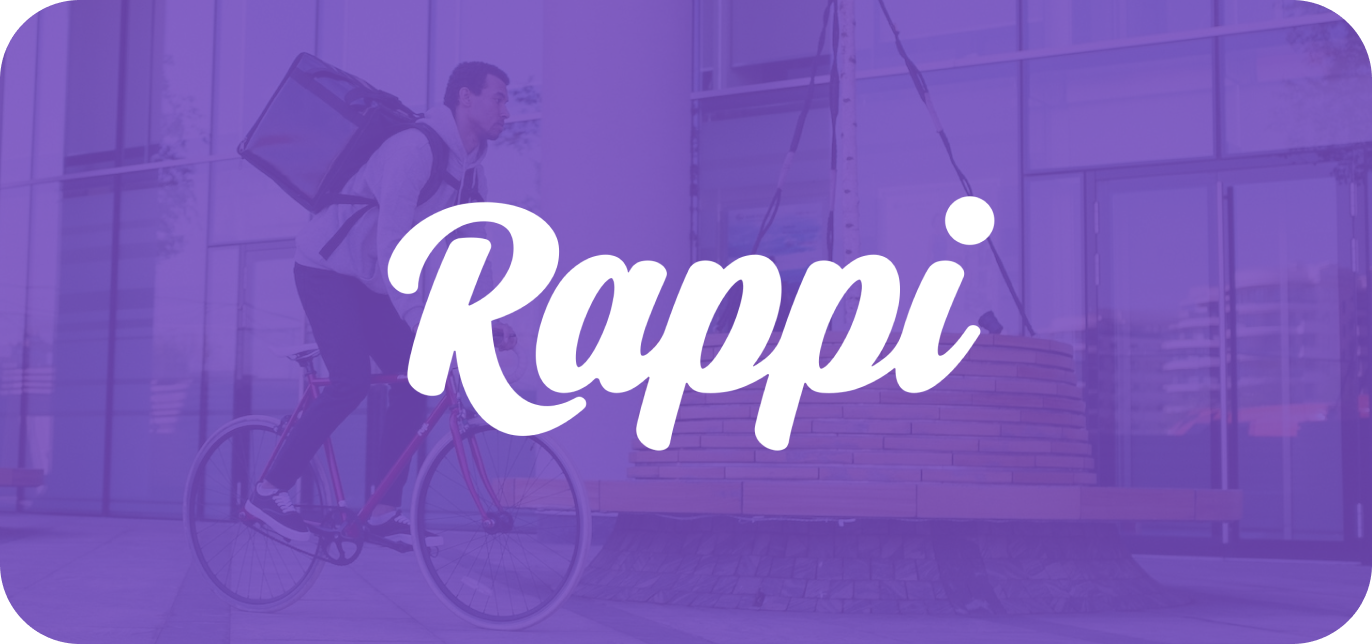


Executive summary
Htech is an online payments platform serving Mexico and much of Latin America. They handle millions of monthly transactions for 1.4M customers, ensuring their payments are processed securely and efficiently.
One of Htech’s guiding principles as a company is to exceed customer expectations through superior experiences and innovative offers. But restricted frontend visibility made it difficult for the Htech team to get a complete picture of the user experience. When bugs were reported, they had limited insight into what caused them or how prevalent they were.
“We had some tests, but it was mostly for local review before launching to production,” says Jesus Escamilla, Frontend Staff Manager at Htech. “We had no real visibility if a user had a problem.”
Htech implemented LogRocket in the fall of 2021 to deliver a clear picture of the actions customers took, why they took them, and what errors prevented them from achieving their objectives. Using Conditional Recording, Htech is able to focus on target areas within their payments application, delivering maximum value at minimal cost.
By having user sessions easily available alongside technical telemetry, Htech has reduced the amount of time it takes to identify and resolve the root cause of issues. They have shifted to a proactive approach to monitoring for bugs, using a combination of LogRocket Issues and Analytics to identify and resolve problems before customers report them.
In doing so, they’ve reduced the number of bugs reported per month by 80 percent, netting their engineering team greater efficiencies and time savings.
No visibility, no solution
Htech has always put customer experience at the forefront of product design, but its previous approach to issue resolution was time-consuming and almost entirely reactive. “We would receive emails from clients saying a user is having some problem,” Jesus explains. “We would say, ‘OK, in what view, in what feature is the error?’ We had to investigate.”
“We invested a lot of time researching what the bug really was — what’s the key problem? If we broke some functionality on a feature, it was very difficult to find that specific problem.”
Htech lacked the context necessary to understand and resolve user experience issues. Not only did they struggle to reproduce an individual user experience, but they were also missing technical information around the user’s browser or device type, what software version they were running, or their network connection. As a result, the issue identification process would often take up to a week, with Jesus’ team poring over console logs and checking with the QA team to make sure user flows were correct.
“Before LogRocket, we didn’t know how many bugs we had. We would resolve one, but we didn’t know if we had 10 or 20 more. With LogRocket, we know all the bugs we have.”
Balancing cost and value
Before switching to LogRocket, Htech experimented with another digital experience analytics solution. They saw the value in having access to session replay and analytics tools, but they had a problem: Htech processes a high volume of sessions every month, and capturing them all was cost-prohibitive.
As a workaround, Jesus’ team would temporarily activate the solution on different portions of Htech’s apps. “We had to switch which project was recording, and only for 1 or 2 hours a day,” says Jesus. “It was difficult to activate and deactivate and remember to do that task day by day.”
Even with the workaround, Jesus says, “we had many sessions with no relevance, and we found it difficult to filter those sessions. We were hitting our quota before the billing date.” That’s when Htech turned to LogRocket and Conditional Recording for an answer.
Conditional Recording allows Htech to set rules around exactly which sessions they want to capture, easily toggling between different parts of their apps as priorities change.
“We needed to record only sessions that match some requirements,” says Jesus. “It’s a key requirement, especially with the size of traffic we have. Before LogRocket, that was very difficult because we had to adapt to other tools’ functionality.”
“We have a more efficient process with LogRocket, mainly due to Conditional Recording. We have a low cost of sessions because we record only what we need.”
Not only does Conditional Recording’s prescriptive approach to session capture allow Htech to be more precise in the data they collect, it’s more cost-effective as well. Htech never exceeds their session quota, and they achieve annual savings of nearly 15 percent in the process.
Delivering better features with each release
To maximize impact, Htech implemented LogRocket in both their testing and production environments. This provides multiple layers of monitoring to ensure customers have the best possible experience. Many errors can be caught in testing, and those that don’t pop up until they hit production are identified before customers have the opportunity to report them.
“We use LogRocket to monitor user behavior, how they interact with the site, if they’re frustrated with a view, or if they’re presented with an error.”
When an error is identified, Jesus’ team has all the information they need to understand it at their fingertips: video replay, network and console logs, performance information, and user metadata. With this information in hand, they can identify the root cause and quantify the impact of the issue across their apps to prioritize a fix. Usually, this whole process takes less than an hour.
Htech has seen the number of bugs reported per month drop by 80 percent. And because LogRocket offers a complete picture of what’s happening across Htech’s apps, Jesus says, “we can set better goals to resolve our bugs because we know what the majority of our bugs are and what their priority is.”
Getting proactive
The Htech team is planning to expand their use of LogRocket to be more proactive in improving the user experience, especially when it comes to conversion rates. It’s not just about eliminating technical errors, says Jesus. “We want to find more opportunities to improve our user experience and retain more users.”
“Accessing session information is really easy in LogRocket. It’s easy to find and understand data about a specific functionality.”
Ultimately, Htech sees LogRocket as a solution that will allow them to continuously understand user behavior and identify ways to better their users’ experiences. “We need to understand how users interact with our site,” Jesus says. “What are the frustration areas? LogRocket gives us good data for that.”
Want to see how LogRocket can help you squash bugs in record time? Get started for free today.





